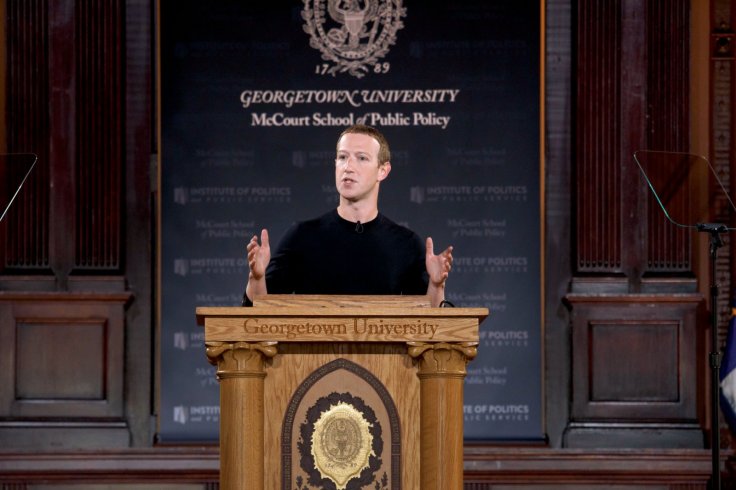The chief of advertising integrity at Facebook left the company a month after a Texas lawsuit alleged that the social media giant, along with Google, carved up the huge online advertising market through unlawful and unholy means.
Rob Leathern, who resigned this week, used to handle Facebook's ad products around sensitive subjects such as politics and coronavirus misinformation. Leathern's departure, which was effective December 30, was not previously reported.
"After almost 4 years, I made the difficult decision to leave Facebook, and 12/30/20 was my last day at FB. I've had a great experience in a difficult, fun, fast-growing and impactful role at the company working with amazing people. I was honored to call them colleagues," Leathern tweeted later.
Meanwhile, an internal document quoted the executive as saying that he was "leaving Facebook to work on consumer privacy beyond just ads and social media." Facebook did not comment.
In a lawsuit filed in December, Texas and nine other states said Facebook and Google struck a deal in 2018,under which the behemoths decided to divide up the market for ads on websites and apps between them.

Wider Controversy Over Advertising Nexus With Google
The complaint further said the Google-Facebook agreement fixed prices and allocated markets between Google and Facebook as competing bidders in the auctions for publishers' web display and in-app advertising inventory.
The unholy nexus took shape after Facebook started using 'header bidding' in 2017. The technology essentially helped website publishers make more money by circumventing Google, technology experts explained. While Facebook promoted the hack that helped publishers make more money, Google was under threat as it had refused to offer a unified auction, which would have been more favorable for publishers.
After Facebook went ahead with the plan, Google, facing existential threat, reached out to Facebook to strike a mutually beneficial solution, the report says. According to the Texas complaint, the two giants eventually agreed on a deal under which Facebook would reduce the use of header bidding and use Google's ad server instead. In response, Google offered significant advantages to Facebook in its auctions.

The Texas lawsuit had also accused Google of abusing its monopoly over the digital ads market. "As internal Google documents reveal, Google sought to kill competition and has done so through an array of exclusionary tactics, including an unlawful agreement with Facebook, its largest potential competitive threat," the lawsuit says, according to Reuters.
Political Advertising Controversy
According to Reuters, Leathern held a key role in the company and was the public face of its political advertising policies. Facebook was in the eye of a storm in the run-up to the November . 3 U.S. presidential election when it allowed misleading claims and conspiracy theories to spread widely on its platforms.








